#for the gold diggers
Explore tagged Tumblr posts
Text
You have to respect that they put as many little freaks as possible into Act 2 of BG3. Like, they really catered to the crazy bitches and added multiple flavors to choose from.
#I mean#karniss#he who was#araj#z’rell#raphael is there#gortash#orin#ketheric thorm#malus thorm#and of course#thisobald thorm#for the very brave#gerringothe thorm#for the gold diggers#there are so many npcs here#bg3
105 notes
·
View notes
Text
Happy Public Domain Day 2025 to all who celebrate
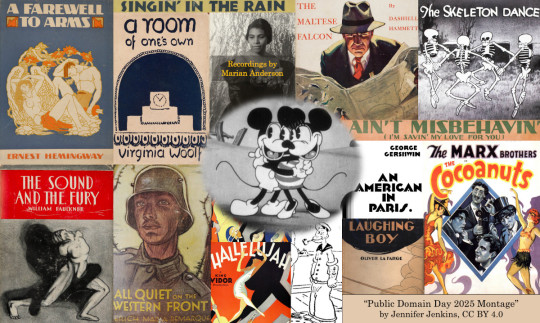
If you'd like an essay-formatted version of this post to read or share, here's a link to it on pluralistic.net, my surveillance-free, ad-free, tracker-free blog:
https://pluralistic.net/2024/12/17/dastar-dly-deeds/#roast-in-piss-sonny-bono

In 1976, Congress set fire to the country's libraries; in 1998, they did it again. Today, in 2024, the flames have died down, and out of the ashes a new public domain is growing. Happy Public Domain Day 2025 to all who celebrate!
For most of US history, copyright was something you had to ask for. To copyright a work, you'd send a copy to the Library of Congress and they'd issue you a copyright. Not only did that let you display a copyright mark on your work – so people would know they weren't allowed to copy it without your permission – but if anyone wanted to figure out who to ask in order to get permission to copy or adapt a work, they could just go look up the paperwork at the LoC.
In 1976, Congress amended the Copyright Act to eliminate the "formality" of copyright registration. Now, all creative works of human authorship were copyrighted "at the moment of fixation" – the instant you drew, typed, wrote, filmed, or recorded them. From a toddler's nursery-school finger-painting to a graffiti mural on a subway car, every creative act suddenly became an article of property.
But whose property? That was on you to figure out, before you could copy, publish, perform, or preserve the work, because without registration, permissions had to start with a scavenger hunt for the person who could grant it. Congress simultaneously enacted a massive expansion of property rights, while abolishing the title registry that spelled out who owned what. As though this wasn't enough, Congress reached back in time and plopped an extra 20 years' onto the copyrights of existing works, even ones whose authors were unknown and unlocatable.
For the next 20 years, creative workers, archivists, educators and fans struggled in the face of this regime of unknowable property rights. After decades of well-documented problems, Congress acted again: they made it worse.
In 1998, Congress passed the Sonny Bono Copyright Act, AKA the Mickey Mouse Preservation Act, AKA the Copyright Term Extension Act. The 1998 Act tacked another 20 years onto copyright terms, but not just for works that were still in copyright. At the insistence of Disney, Congress actually yanked works out of the public domain – works that had been anthologized, adapted and re-issued – and put them back into copyright for two more decades. Copyright stretched to the century-plus "life plus 70 years" term. Nothing entered the public domain for the next 20 years.
So many of my comrades in the fight for the public domain were certain that this would happen again in 2018. In 2010, e-book inventor and Project Gutenberg founder Michael S Hart and I got into a friendly email argument because he was positive that in 2018, Congress would set fire to the public domain again. When I insisted that there was no way this could happen given the public bitterness over the 1998 Act, he told me I was being naive, but said he hoped that I was right.
Michael didn't live to see it, but in 2019, the public domain opened again. It was an incredible day:
https://archive.org/details/ClosingKeynoteForGrandReopeningOfThePublicDomainCoryDoctorowAtInternetArchive
No one has done a better job of chronicling the fortunes of our fragile, beautiful, bounteous public domain than Jennifer Jenkins and James Boyle of Duke University's Center for the Study of the Public Domain. Every year from 2010-2019, Boyle and Jenkins chronicled the works that weren't entering the public domain because of the 1998 Act, making sure we knew what had been stolen from our cultural commons. In so many cases, these works disappeared before their copyrights expired, for example, the majority of silent films are lost forever.
Then, in 2019, Jenkins and Boyle got to start cataloging the works that were entering the public domain, most of them from 1923 (copyright is complicated, so not everything that entered the public domain in 2019 was from that year):
https://web.law.duke.edu/cspd/publicdomainday/2019/
Every year since, they've celebrated a new bumper crop. Last year, we got Mickey Mouse!
https://pluralistic.net/2023/12/15/mouse-liberation-front/#free-mickey
In addition to numerous other works – by Woolf, Hemingway, Doyle, Christie, Proust, Hesse, Milne, DuBois, Frost, Chaplin, Escher, and more:
https://pluralistic.net/2023/12/20/em-oh-you-ess-ee/#sexytimes
Now, 2024 was a fantastic year for the public domain, but – as you'll see in the 2025 edition of the Public Domain Day post – 2025 is even better:
https://web.law.duke.edu/cspd/publicdomainday/2025/
So what's entering the public domain this year? Well, for one thing, there's more of the stuff from last year, which makes sense: if Hemingway's first books entered the PD last year, then this year, we'll the books he wrote next (and this will continue every year until we catch up with Hemingway's tragic death).
There are some big hits from our returning champions, like Woolf's To the Lighthouse and A Farewell to Arms from Hemingway. Jenkins and Boyle call particular attention to one book: Faulkner's The Sound and the Fury, its title taken from a public domain work by Shakespeare. As they write, Faulkner spoke eloquently about the nature of posterity and culture:
[Humanity] is immortal, not because he alone among creatures has an inexhaustible voice, but because he has a soul, a spirit capable of compassion and sacrifice and endurance…The poet’s voice need not merely be the record of man, it can be one of the props, the pillars to help him endure and prevail.
The main attraction on last year's Public Domain Day was the entry of Steamboat Willie – the first Mickey Mouse cartoon – into the public domain. This year, we're getting a dozen new Mickey cartoons, including the first Mickey talkie:
https://en.wikipedia.org/wiki/Mickey_Mouse_(film_series)#1929
Those 12 shorts represent a kind of creative explosion for the Disney Studios. Those early Mickey cartoons were, each and every one, a hybrid of new copyrighted works and the public domain. The backbone of each Mickey short was a beloved, public domain song, with Mickey's motion synched to the beat (animators came to call this "mickey mousing"). In 1929, there was a huge crop of public domain music that anyone could use this way:
Blue Danube, Pop Goes the Weasel, Yankee Doodle, Here We Go Round the Mulberry Bush, Ach Du Lieber Augustin, Listen to the Mocking Bird, A-Hunting We Will Go, Dixie, The Girl I Left Behind Me, a tune known as the snake charmer song, Coming Thru the Rye, Mary Had a Little Lamb, Auld Lang Syne, Aloha ‘Oe, Turkey in the Straw, My Bonnie Lies Over the Ocean, Habanera and Toreador Song from Carmen, Lizst’s Hungarian Rhapsody No. 2, and Goodnight, Ladies.
These were recent compositions, songs that were written and popularized in the lifetimes of the parents and grandparents who took their kids to the movies to see Mickey shorts like "The Barn Dance," "The Opry House" and "The Jazz Fool." The ability to plunder this music at will was key to the success of Mickey Mouse and Disney. Think of all the Mickeys and Disneys we've lost by locking up the public domain for the past half-century!
This year, we're getting some outstanding new old music for our public domain. The complexities of copyright terms mean that compositions from 1929 are entering the public domain, but we're only getting recordings from 1924. 1924's outstanding recordings include:
George Gershwin performing Rhapsody in Blue, Jelly Roll Morton playing Shreveport Stomp, and an early recording from contralto and civil rights icon Marian Anderson, who is famous for her 1939 performance to an integrated audience of over 75,000 people at the Lincoln Memorial. Anderson’s 1924 recording is of the spiritual Nobody Knows the Trouble I’ve Seen.
While the compositions include Singin' in the Rain, Ain't Misbehavin', An American in Paris, Bolero, (What Did I Do to Be So) Black and Blue, Tiptoe Through the Tulips, Happy Days Are Here Again, What Is This Thing Called, Love?, Am I Blue? and many, many more.
On the art front, we're getting Salvador Dali's earliest surrealist masterpieces, like Illumined Pleasures, The Accommodations of Desire, and The Great Masturbator. Dali's contemporaries are not so lucky: after a century, the early history of the works of Magritte are so muddy that it's impossible to say whether they are in or out of copyright.
But there's plenty of art with clearer provenance that we can welcome into the public domain this year, most notably, Popeye and Tintin. As the first Popeye and Tintin comics go PD, so too do those characters.
The idea that a fictional character can have a copyright separate from the stories they appear in is relatively new, and it's weird and very stupid. Courts have found that the Batmobile is a copyrightable character (Batman won't enter the public domain until 2035).
Copyright for characters is such a muddy, gross, weird idea. The clearest example of how stupid this gets comes from Sherlock Holmes, whose canon spans many years. The Doyle estate – a rent-seeking copyright troll – claimed that Holmes wouldn't enter the public domain until every Holmes story was in the public domain (that's this year, incidentally!).
This didn't fly, so their next gambit was to claim copyright over those aspects of Holmes's character that were developed later in the stories. For example, they claimed that Holmes didn't show compassion until the later stories, and, on that basis, sued the creators of the Enola Holmes TV show for depicting a gender-swapped Sherlock who wasn't a total dick:
https://www.theguardian.com/books/2020/dec/22/lawsuit-copyright-warmer-sherlock-holmes-dismissed-enola-holmes
As the Enola lawyers pointed out in their briefs, this was tantamount to a copyright over emotions: "Copyright law does not allow the ownership of generic concepts like warmth, kindness, empathy, or respect, even as expressed by a public domain character – which, of course, belongs to the public, not plaintiff."
When Mickey entered the public domain last year, Jenkins did an excellent deep dive into which aspects of Mickey's character and design emerged when:
https://web.law.duke.edu/cspd/mickey/
Jenkins uses this year's entry of Tintin and Popeye into the public domain to further explore the subject of proprietary characters.
Even though copyright extends to characters, it only covers the "copyrightable" parts of those characters. As the Enola lawyers wrote, the generic character traits (their age, emotional vibe, etc) are not protected. Neither is anything "trivial" or "minuscule" – for example, if a cartoonist makes a minor alteration to the way a character's pupils or eyes are drawn, that's a minor detail, not a copyrightable element.
The biggest impediment to using public domain characters isn't copyright, it's trademark. Trademark is very different from copyright: foundationally, trademark is the right to protect your customers from being deceived by your competitors. Coke can use trademark to stop Pepsi from selling its sugary drinks in Coke cans – not because it owns the word "Coke" or the Coke logo, but because it has been deputized to protect Coke drinkers from being tricked into buying not-Coke, thinking that they're getting the true Black Waters of American Imperialism.
Companies claim trademarks over cartoon characters all the time, and license those trademarks on food, clothing, toys, and more (remember Popeye candy cigarettes?).
Indeed, Hearst Holdings claims a trademark over Popeye in many traditional categories, like cartoons, amusement parks, ads and clothes. They're also in the midst of applying for a Popeye NFT trademark (lol).
Does that mean you can't use Popeye in any of those ways? Nope! All you need to do is prominently mention that your use of Popeye is unofficial, not associated with Hearst, and dispel any chance of confusion. A unanimous Supreme Court decision (in Dastar) affirm your right to do so. You can also use Popeye in the title of your unauthorized Popeye comic, thanks to a case called Rogers v Grimaldi.
This all applies to Tintin, too – a big deal, given that Tintin is managed by a notorious copyright bully who delights in cruelly terrorizing fan artists. Tintin is joined in the public domain by Buck Rogers, another old-timey character whose owners are scumbag rent-seekers.
Congress buried the public domain alive in 1976, and dumped a load of gravel over its grave in 1998, but miraculously, we've managed to exhume the PD, and it has been revived and is showing signs of rude health.
2024 saw the blockbuster film adaptation of Wicked, based on the public domain Oz books. It also saw the publication of James, a celebrated retelling of Twain's Huck Finn from the perspective of Huck's enslaved sidekick.
This is completely normal. It's how art was made since time immemorial. The 40 year experiment in life without a public domain is at an end, and not a minute too soon.
You can piece together a complete-as-possible list of 2025's public domain (including the Marx Brothers' Cocoanuts, Disney's Skeleton Dance, and Del Ruth's Gold Diggers of Broadway) here:
https://onlinebooks.library.upenn.edu/cce/
#jennifer jenkins#duke center for the public domain#public domain day#trademark#tintin#popeye#copyfight#copyright#roast in piss sonny bono#james boyle#marx brothers#mickey mouse#ravel#bolero#faulkner#hemingway#virginia woolf#steinbeck#skeleton dance#gold diggers of broadway#dali#wicked
4K notes
·
View notes
Text
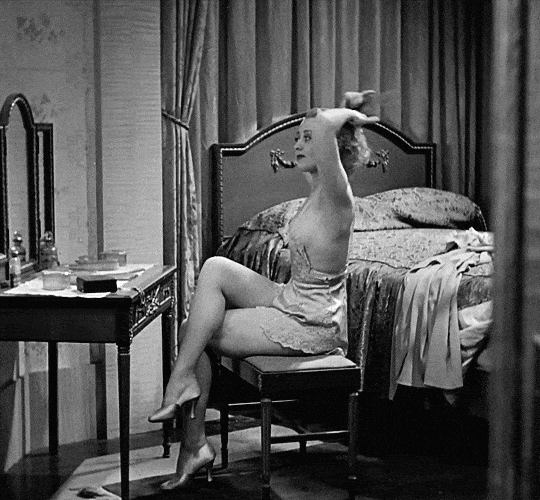

Joan Blondell in Gold Diggers Of 1933 (1933)
#filmedit#classicfilmedit#oldhollywoodedit#moviegifs#filmgifs#joan blondell#gold diggers of 1933#pre code#1930s#**mygifs
1K notes
·
View notes
Text
Dating a man with money or resources doesn't make you bad.
Women are supposed to choose the winners.
It's literally nature.
Even the female birds in the animal kingdom know better...
#hypergamy#date up#marry well#socioeconomic#socioeconomic dating#feminine dating#marry rich#marry money#date smart#gold digger#sprinkle sprinkle#marry right#black femininity#leveling up#level up#finances matter#high standards#standards#dating standards
764 notes
·
View notes
Text
i didn’t expect s6 to start “should the bf pay for everything or not” discourse but yk what, yes i actually think adrien should pay for everything and buy marinette everything she wants or even just looks at to make her happy. not just because he’s a multi-millionaire but also because gabriel traumatized marinette and i want her to live her best life with HIS money. i hope he’s rolling in his grave as we speak 🤓
#adrien will get over paying for a few bills i promise#likedbsjjdd marinette is a stalker liar megalomaniac… now a gold digger?#ml spoilers#miraculous ladybug#marinette dupain cheng#adrien agreste#miraculous season 6#mlb season 6#illustrhater spoilers#ml illustrhater
242 notes
·
View notes
Text
"Women are easily impressed by money"
Have you seen how you and your fellow males act around richer men?!
#men are gold diggers#anti men#men are the problem#fuck men#all men#radical feminist community#female separatism#radblr#radical feminism#terfsafe#anti marriage#misandry#pro abortion
452 notes
·
View notes
Text
22 year old atsumu loudly talking about how he doesn't want someone who's "only after his money" to 22 year old osamu who knows his brother has racked a tab so high at his restaurant that if he came to collect on it he would bankrupt him
#osamu going 'WHAT GOLD??????' every single time atsumu voices his irrational fear of gold diggers#sorry but i know this in my heart to be true#the guy sleeps on a twin sized bed until he's in his late-ish 20s and gets his first big boy sponsorship#hq hcs
231 notes
·
View notes
Text



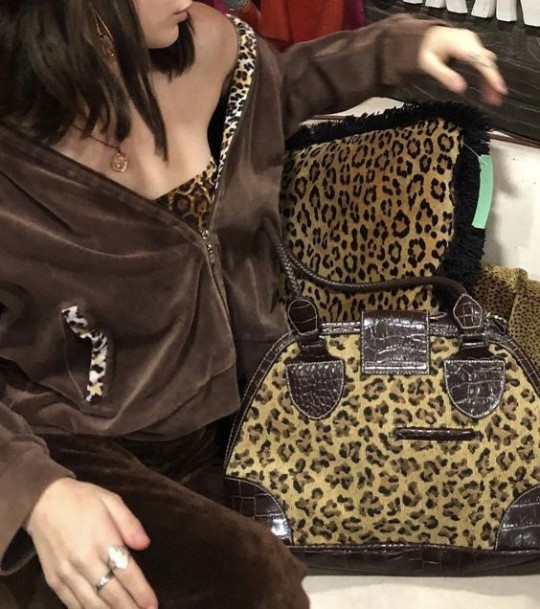
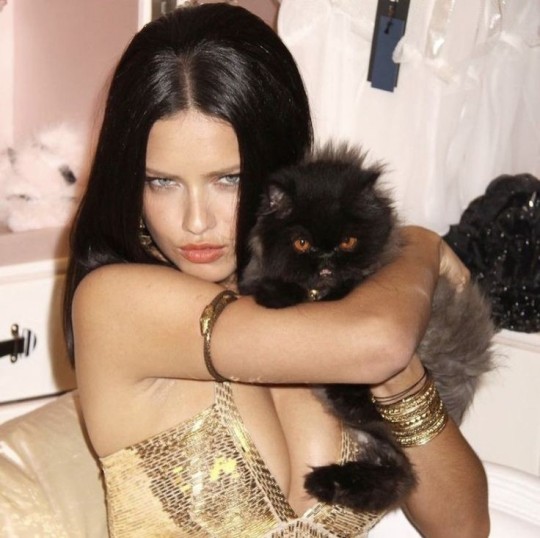

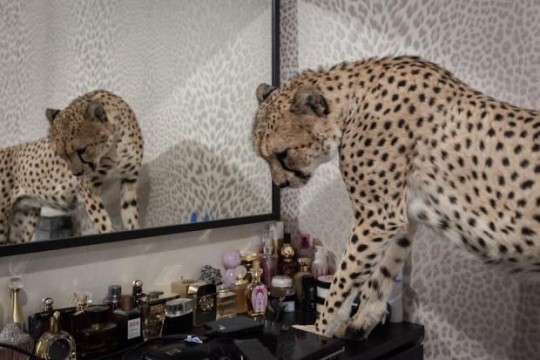
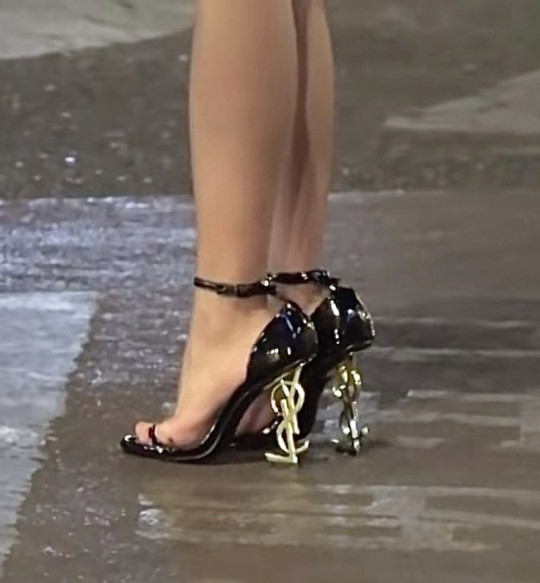
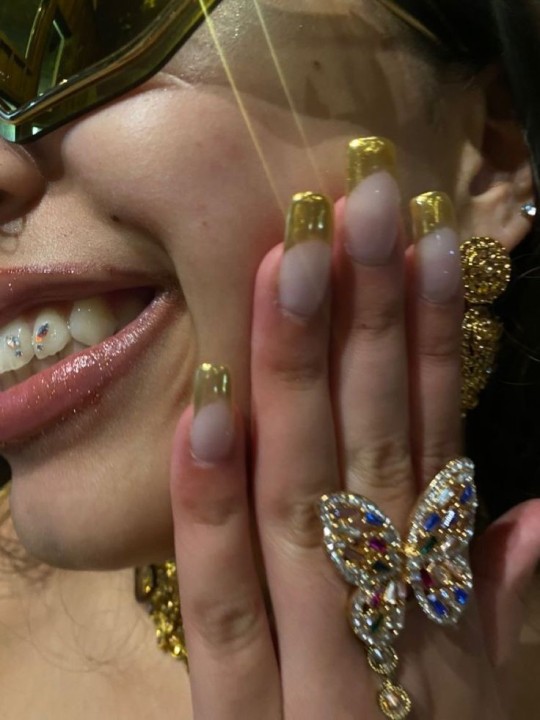

#adriana lima#brazil#cheetah#cheetah print#leopard#leopard print#gold digger#gold#ysl fashion#ysl girl#ysl#cat girl#dark feminine aesthetic#dark femininity#girlblogging#girls who smoke weed#it girls#maximalism#maximalist decor#maximalist aesthetic#maximalist fashion#2000s aesthetic#early 2000s#y2k aesthetic#y2k#trashy y2k#trashy aesthetic#trashy 2000s#eat the rich#maximalist
548 notes
·
View notes
Text

(access to 20+ more Dark Feminine Affirmations in Archetype booklets)
#succulentsiren#postive affirmations#affirmations#mindset#daily affirmations#dark feminine energy#divine feminine#feminine#femininity#high value#high value woman#self confidence#motivation#inspiration#empowerment#goddess#writers and poets#it girl#itgirl#girlblog#girl blog#dark femininity#femme fatale#dark feminine archetypes#archetypes#sayhoneysiren#siren#lilith#witch#gold digger
393 notes
·
View notes
Text
one of the many fun things about lawlightmane is that L and misa are both famous and (presumably) rich and light is just some guy. he's living every bisexual's dream of having both an emo twink sugar daddy and a hot goth sugar mommy and he doesn't even appreciate it smh
#do you think gossip mags accuse him of being a serial gold digger#another day another serial crime for light to be accused of 😔#lawlightmane#light yagami#misa amane#l lawliet
343 notes
·
View notes
Text




Just take me shopping and tell me that I’m pretty🎀🫧
#im just a girl#girly girl#bimbo doll#dollette#dolly#bimboification#hell is a teenage girl#hyper feminine#coqeutte#girlblogger#for the girls#gold digger#girls girls girls#early 2000s#playbunny#pink aesthetic#sexy doll#dollycore#sexy lingerie!#sexy schoolgurl#older man younger woman#girl interupted syndrome#lolita fashion#sweet lolita#nymph3t#nymph aesthetic#thats hot#gaslight gatekeep girlblog#girlhood#pink blog
395 notes
·
View notes
Text
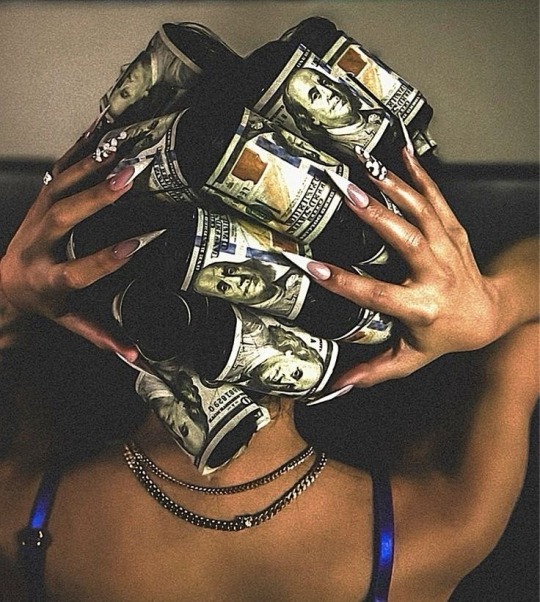
Money on my mind
#money on my mind#gold digger#goaldigger#black women in luxury#soft girl era#soft life#black moodboard#black tumblr#moodboard#black girl luxury#melanin
259 notes
·
View notes
Text

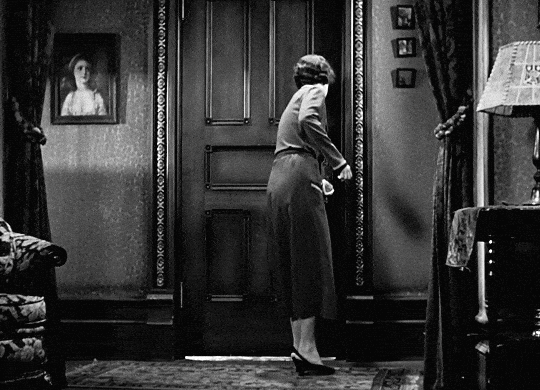

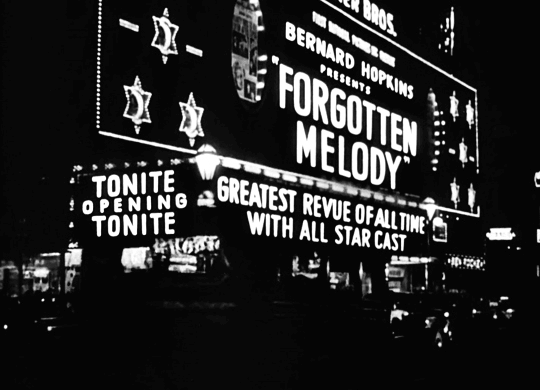
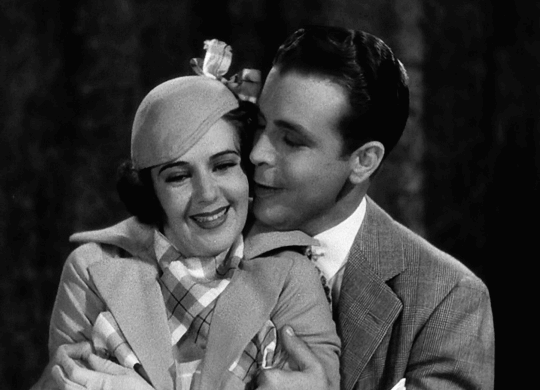


Gold Diggers of 1933 (1933) - dir. Mervyn Leroy
#filmedit#classicfilmedit#oldhollywoodedit#moviegifs#filmgifs#gold diggers of 1933#joan blondell#ginger rogers#aline macmahon#ruby keeler#dick powell#1930s#pre code#**mygifs
263 notes
·
View notes
Text

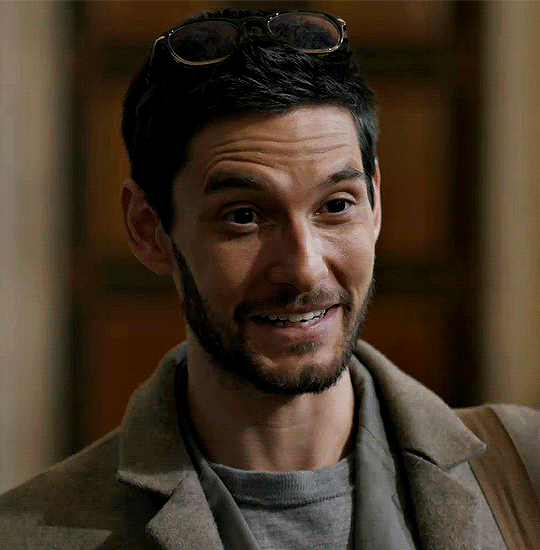
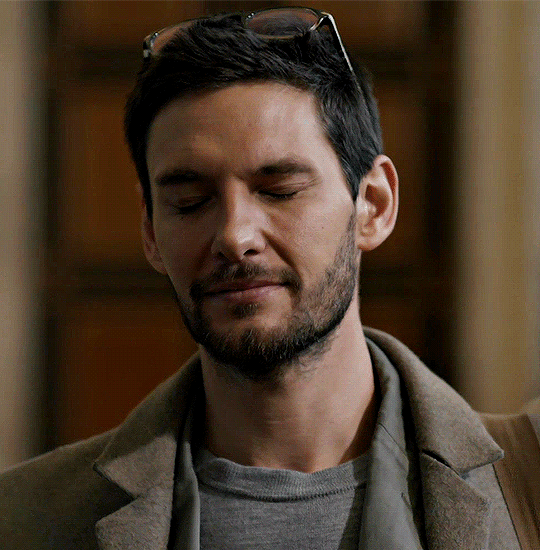
BEN BARNES as BENJAMIN GREENE Gold Digger S01E01 "Her Boy"
#gold digger#benjamin greene#ben barnes#bin bons#arthurpendragonns#cinemapix#cinematv#dilfgifs#dilfsource#filmtv#flawlessgentlemen#mancandykings#mensource#benbarnesedit#ben barnes edit#mine
623 notes
·
View notes
Text
How to receive Princess Treatment from men:

Raise your standards. Never settle for the bare minimum or less.
Expect the best. Have high expectations.
Act like a princess. Take being called "boujee", "high maintainence" or "gold digger" as a compliment. Not everyone can have access to you or afford you. You are a luxury.
Look the part. Looks matter. You have to look good. The reality is men will treat you better if you look good
Have a PRIZE mindset. Know that you're the prize.
Be Feminine. Feminine Energy is a valuable asset to have. Heal your wounded feminine energy and embody your divine feminine self. (My How to be more Feminine playlist)
Learn how to RECEIVE. Get comfortable with receiving. Say "Thank You" & express gratitude. (Learn to receive)
#princess treatment#dating standards#high standards#standards#looks matter#level up#siren#receive#high maintenance#gold digger#boujee#dating tips#feminine dating#hypergamy#provider men#providers#feminine#date up#marry well#polarity#feminine masculine polarity#dating#dating 101#dusties#no dusties#dating advice#provider mentality#black femininity#black women#femininity
648 notes
·
View notes
Text

It’s no secret she’s a paid actress and not a real wife. Melanoma signed a very wordy contract just like everyone In Drumpf’s life including his children, in-laws, and other relatives. To keep getting paid by the family trust he controls they must abide by the contract they signed. Melanoma has duties and obligations for which she is paid for. If she fails to show up for an event she is docked pay.
There was no courtship, romance, or love between these two. He found a down and out Eastern European nude model and soft-core porn actress and lifted her out of poverty by paying her to be his pretend wife. Everyone in the Northeast, and the press, has known this since day one.
#fake wife#actress portraying wife#melanoma#nude model Melanoma#porn-actress Melania#crooked donald#maga morons#republican assholes#republican family values#republican hypocrisy#gold digger Melania
102 notes
·
View notes